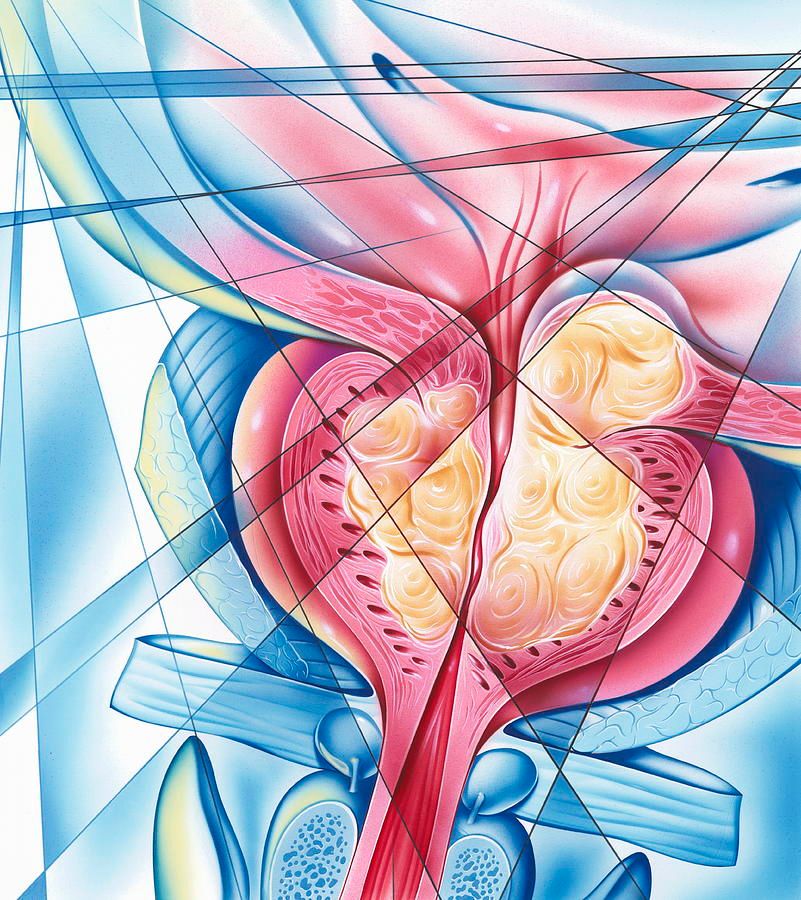BCRFS Seen With Apalutamide Combo in Entire High-Risk Prostate Cancer Group
Data from a phase 2 study may support apalutamide plus androgen deprivation in high-risk localized prostate cancer following radical prostatectomy.
“The bottom line here is that treatment intensification with 12 cycles of apalutamide plus ADT can become an option for patients with high-risk localized prostate cancer who have undergone an RP," according to Jason Hafron, MD.

A biochemical recurrence (BCR)-free survival rate of 100% (90% CI, 93.0-100.0) was reported among patients with high-risk localized prostate cancer previously treated with radical prostatectomy (RP) at 24 months after beginning treatment with apalutamide (Erleada) plus androgen deprivation therapy (ADT), according to data from the phase 2 Apa-RP study (NCT04523207) presented during the American Urological Association (AUA) 2024 Annual Meeting.
“You rarely ever see a flat Kaplan-Meier curve,” said Jason Hafron, MD, chief medical officer and medical director of clinical research at the Michigan Institute of Urology (MIU), PC, and a professor of urology at the William Beaumont School of Medicine, Oakland University, who presented the study findings. “The bottom line here is that treatment intensification with 12 cycles of apalutamide plus ADT can become an option for patients with high-risk localized prostate cancer who have undergone an RP.”
This treatment option addresses serious unmet needs in this patient population. Approximately 45% to 65% of patients with high-risk disease experience recurrence within 5 years of radical prostatectomy, and the historic BCR-free survival rate for patients in this population is 76%. Hafron noted that BCR-free survival is an important end point due to its strong correlation with overall survival.
While no patients had a confirmed BCR at 2 years, there were 2 unconfirmed BCRs.
BCR-free survival at 2 years was the study’s primary end point. Secondary end points included BCR-free survival at 12 months and serum testosterone recovery rate to at least 150 ng/dL at 18 and 24 months. According to Hafron, 76% of patients had testosterone recovery to 150 ng/dL at 12 months following treatment completion.
The safety profiles of the agents were consistent with previous reports, and no new safety signals were identified. The most common treatment-emergent adverse events (TEAEs) were hot flush (68.5%), fatigue (53.7%), and rash (21.3%). There was a proactive rash strategy in place to reduce the incidence. Any-grade TEAEs were experienced by 99.1% of patients, with 11 (10.2%) TEAEs that led to treatment discontinuation and 14 (13.0%) that led to dose reduction or interruption. No TEAEs led to death.
Hafron also highlighted the diverse population that Apa-RP enrolled, including 15% being Black patients. The median age of the 108 enrolled patients was 66.0 years (range, 46-77), and 94.4% of patients had an ECOG performance status of 0. Additionally, 60% of the patients enrolled had a Gleason score of 9 or 10 at diagnosis.
Patients in the study received 240 mg per day of apalutamide plus ADT for 12 cycles which each lasted 28 days with posttreatment follow-up every 6 months. A substudy analysis of patients receiving relugolix (Orgovyx) monotherapy for 14 days before receiving apalutamide plus relugolix was also included.
Apalutamide is also being investigated in the phase 3 PROTEUS trial (NCT03767244), and Apa-RP is designed to be a complimentary study to PROTEUS.
Reference
Shore N, Hafron J, Saltzstein D, et al. Apalutamide for high-risk localized prostate cancer following radical prostatectomy (Apa-RP): a multicenter, open-label, single-arm phase 2 study. Presented at: 2024 American Urological Association Meeting; May 3-May 6, 2024; San Antonio, TX. Abstract P2-08.
Newsletter
Stay up to date on recent advances in the multidisciplinary approach to cancer.